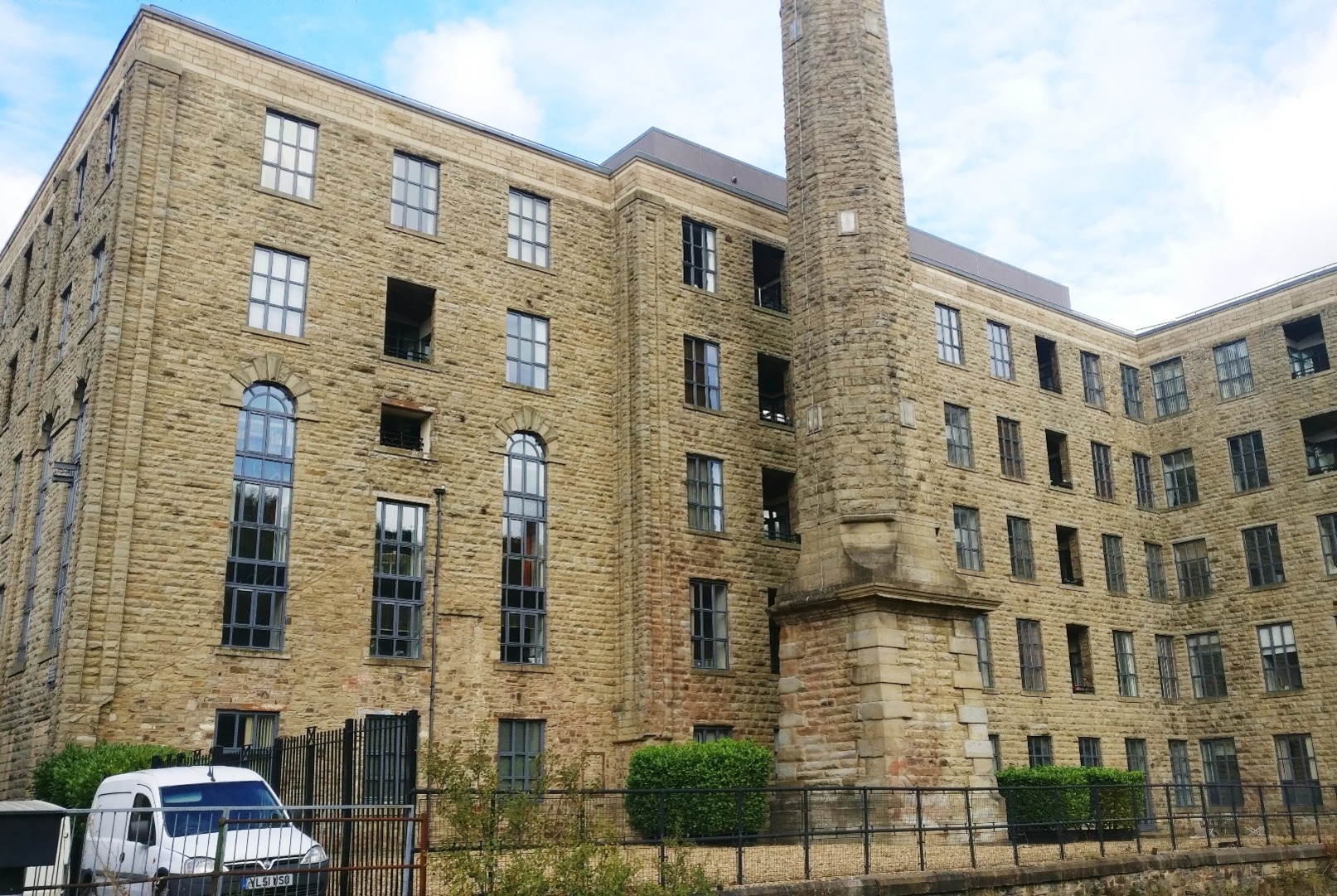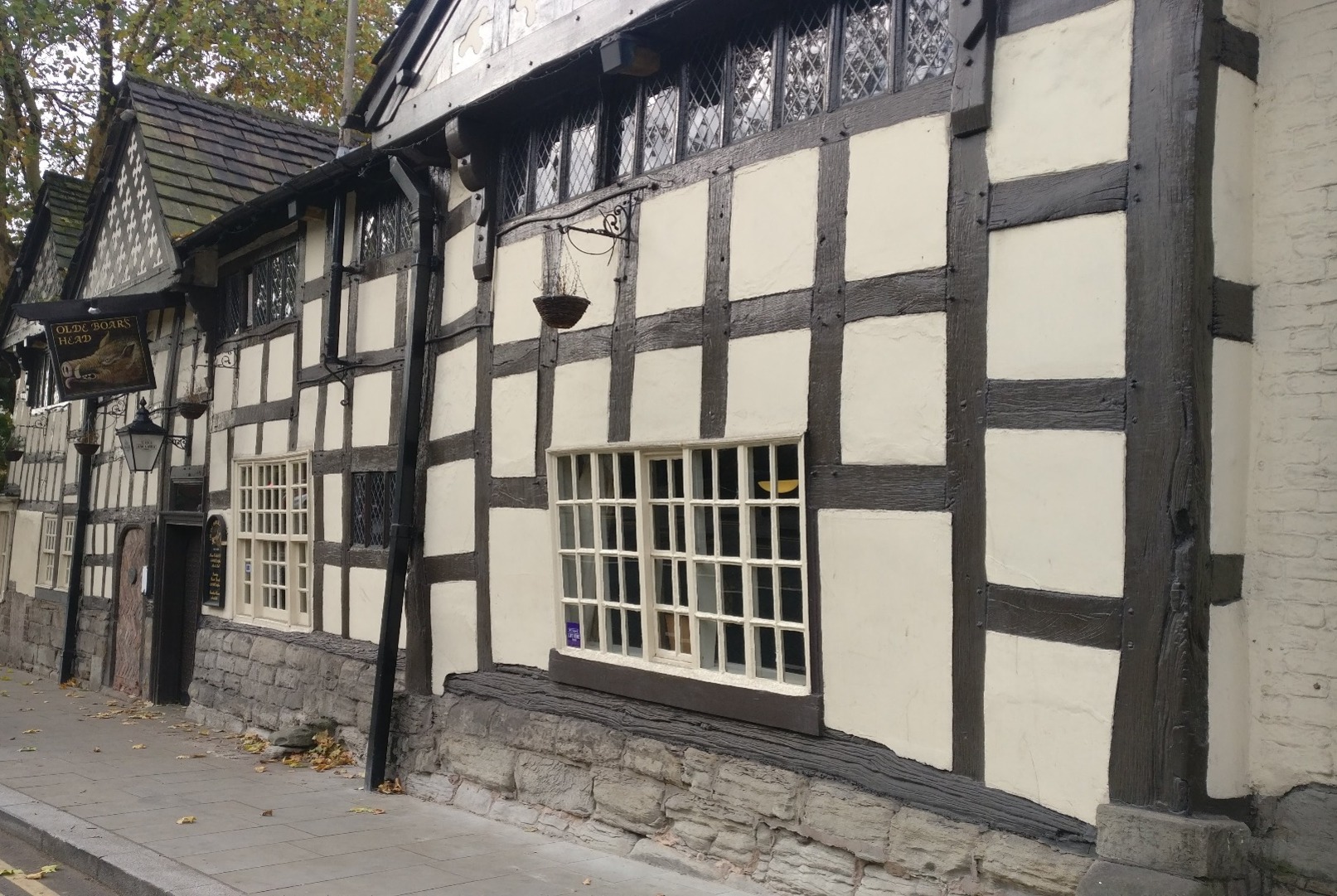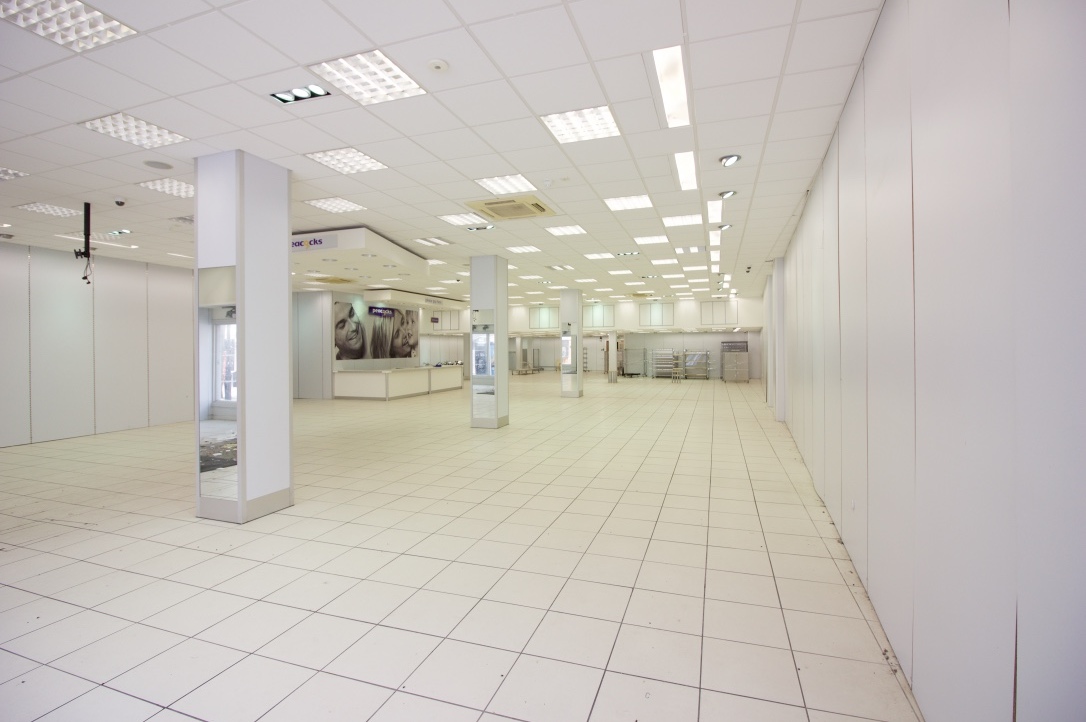Regular inspections:
Carrying out regular inspections of your empty buildings is essential to prevent petty instances of graffiti, arson and other damage escalating. Arsonists usually begin by starting small fires that cause little damage. But if the building is not inspected often and maintained then the size and occurrence of the arson attempts will escalate.
Security management:
Security implemented in vacant properties should vary by location and building type. Although no official regional figures for squatting exist, it is necessary to ensure that your property remains squatter free.
Temporary use of empty buildings:
Owners usually prefer to sell or re-let their empty buildings as soon as possible to avoid the value of the building depreciating or avoid losing rental income. Some may attempt to let their property in the short-term at a reduced rate to a seasonal shop or to a charity for fundraising, as a way of covering council taxes. This is also an effective way of preventing the risks that befall empty properties.
Empty property tax rates:
Landlords have another incentive to quickly find tenants for their empty properties: the prospect of a sizeable business tax bill. From 1 April 2011, only empty business or non-domestic properties with a rateable value of £2,600 or less are exempt from paying business tax rates. For offices and retail property, an owner is liable to pay the full business rate after an initial three month exemption period. A six month exemption period applies to industrial and warehouse premises, after which the full business rate applies.
Contact our Commercial department today to discuss your vacant property management requirements on 0161 7733978.







